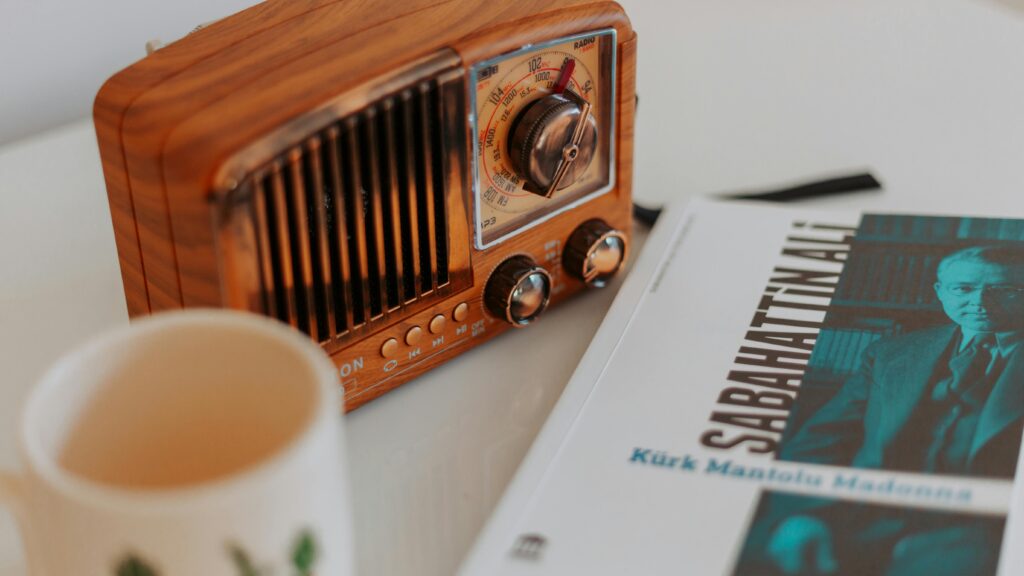February 13 annually is when the world celebrates World Radio Day, a day to honor the power of radio to shape societies, educate masses, and bring people together beyond borders. Having originated from a UNESCO proposal in 2011 and further supported by the United Nations General Assembly in 2012, this day is celebrated to honor the importance of radio even in the age of digital technology.
The date has been chosen to honor the birth of the United Nations Radio in 1946, a service that has enabled information sharing across the globe. From delivering news bulletins to encouraging cultural exchange, radio is a force to be reckoned with in communication.
The History of Radio
Radio broadcasting started in the early 20th century with Guglielmo Marconi being universally credited with the invention of radio. His achievement with wireless transmission in 1895 paved the way for the radio as we know it today. By the 1920s, radio entered every home, changing entertainment and information sharing.
Radio leaped and bounded across the decades, from shortwave and AM/FM to digital broadcasting and internet radio. While television, social media, and podcasts emerged, radio held its ground because of its cost-effectiveness, accessibility, and reach to far-flung areas.
Radio’s Place in Society
Emergency Communication: Radio is a vital tool during natural disasters and wars when all other means of communication fail. Organizations like the International Telecommunication Union (ITU) and World Radio Communication Conference (WRC) offer emergency frequencies to offer life-saving information.
Education & Awareness: From literacy classes to health awareness campaigns, radio is an educational tool, particularly in developing nations.
Cultural Preservation: Radio promotes local languages, music, and culture, affirming cultural identity.
Bridging Gaps: It brings people together in spite of distances, providing information to individuals who have no television or internet.
World Radio Day Themes
Every year, UNESCO publishes a theme for World Radio Day to highlight a specific aspect of the medium. Some of the earlier themes are:
2023: “Radio and Peace” – celebrating radio’s contribution to conflict prevention and resolution.
2022: “Radio and Trust” – fighting misinformation and trust in radio reporting.
2021: “New World, New Radio” – celebrating the resilience of the radio in new times.
Interesting Facts About Radio
The first commercial radio station in the world, KDKA, went on the air in Pittsburgh, USA, in 1920.
BBC Radio, one of the most powerful broadcasters in the world, went on the air in 1922.
There are over 44,000 radio stations in the world broadcasting in various languages.
Over 75% of the households in developing countries still continue to use radio as the main source of information.
The phrase “Stay tuned” is derived from the early period of radio when the listeners had to tune their dials for quality reception.
Conclusion
World Radio Day is a reminder of the continuing strength of radio in a rapidly evolving media landscape. In spite of technology upgradation, radio is a trusted, inclusive, and accessible source of information, entertainment, and education. Whether through traditional broadcasts or modern streaming services, radio continues to bring people together, inform, and inspire millions around the world.
So, on February 13, tune in and celebrate the magic of radio!



